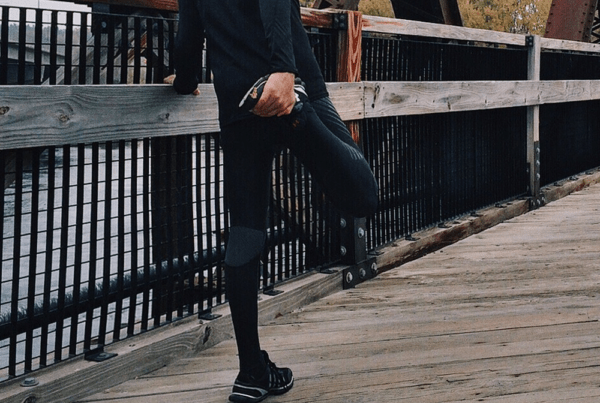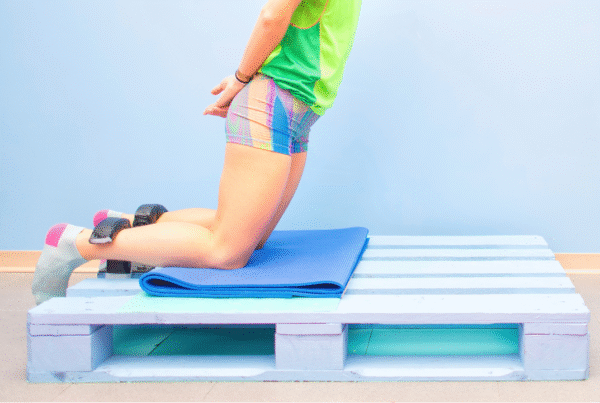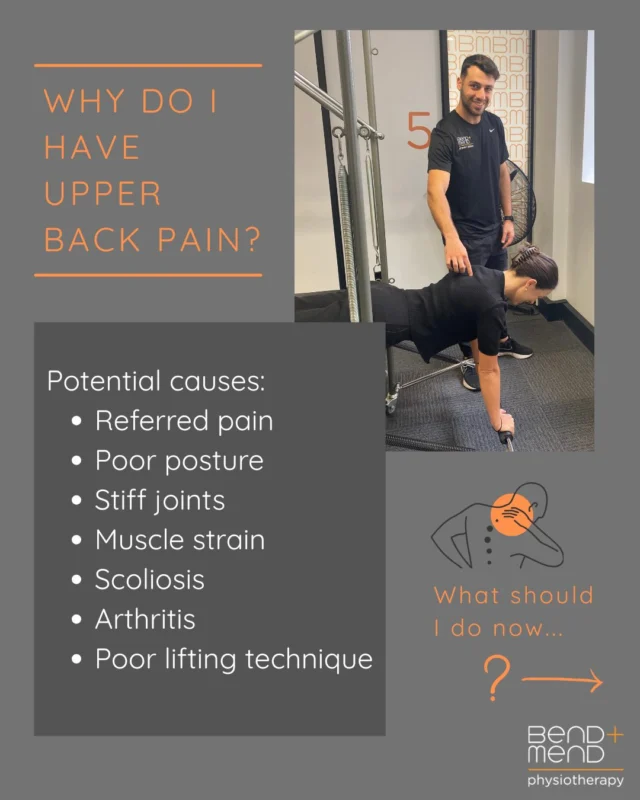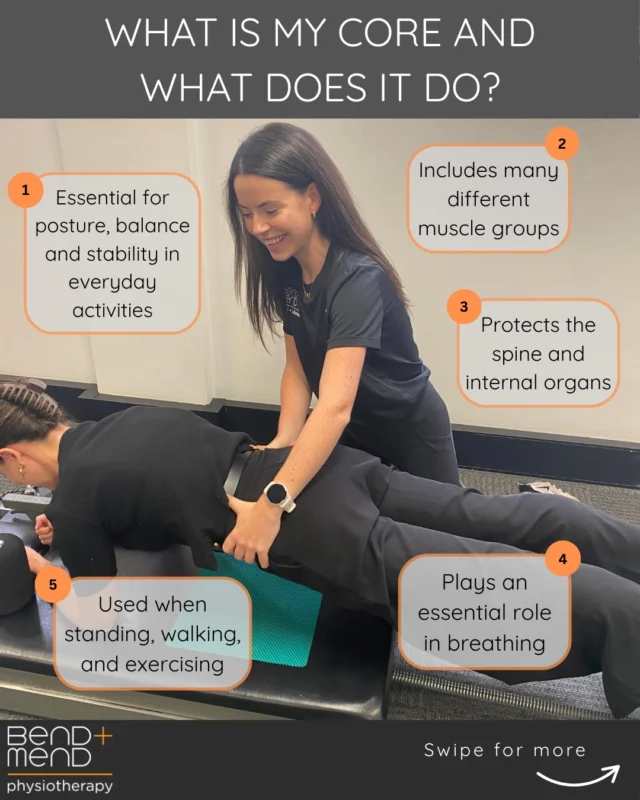 “I can’t even touch my toes! I’ve got shocking flexibility. I mustn’t stretch enough. You should see my Susan from my office – she does yoga three times a week and so she’s really flexible.”
“I can’t even touch my toes! I’ve got shocking flexibility. I mustn’t stretch enough. You should see my Susan from my office – she does yoga three times a week and so she’s really flexible.”
I hear this kind of comment fairly often. Even from patients who have just bent forwards very comfortably, to the same point that they’ve always reached since high school. So while they see this as a problem or their failure, I don’t and here’s why.
Flexibility is not a simple reflection of how much a person works at it. A lot of the difference between people’s level of flexibility comes down something that they can’t truly control: their genes. True, we physios often recommend stretching and other flexibility exercises for certain people and situations. So how can you make sense of this? When is stretching helpful or not?
Like so much of the human body, how flexibility works is a complicated blend of different factors. There’s plenty of interesting research but no perfect answer to it all. So feel confident to ignore anyone who tries to tell you that their amazing, foolproof exercise regime guarantees to get you touching your toes.
From what we understand, we all have an individual range of flexibility that is set by our genes. Then within that range, there is potential for your flexibility to get better or get worse.
There is a then a continuum of flexibility from naturally inflexible or ’stiff’ people through to naturally more mobile or ‘bendy’ people. Your genes, and how we grow as children, decide which zone of the continuum you’ll be in. If you work at flexibility in the right ways, you can expect your flexibility to be nearer the top of your given range. If not, you may be near the bottom of your range. But what you can’t do is move your whole zone to a more flexible level- no matter how much you work at it.
You could say that Susan probably does well in yoga because she is flexible. She is not flexible because she does yoga.
Anywhere along the flexibility spectrum can be considered as normal. While a stiff person and a mobile person will tend to have different kinds of injuries or excel in different activities – there is no overall advantage to being a flexible person.
So why do we care about flexibility?
Generally speaking it seems advantageous to stay in the top of your given range, or at least avoid the bottom of it. If part of your body becomes stiffer or tighter because of what you do, your choice of sport, your posture or an injury then this is often a risk factor for developing pain or injury. In this case, it makes sense to work at getting back to your normal flexibility and staying there for as long as you can while you age. Small differences in flexibility can translate to big differences in your personal comfort, injury risk and sporting performance. This is why flexibility is important. It’s your reason to care when something has gotten tighter and to do something about it.
What advice do I give my patients?
– Know as much as you can about flexibility but make this specific to your own situation. A Physio can help you understand what areas are most likely to matter for you and the best ways prevent future problems. If you currently have a painful issue then definitely seek our help- sometimes stretching is going to make it worse!
– Have some way to monitor how you’re going with your flexibility. Doing some form of stretching exercise regularly is a neat way to do this. But rather than thinking “get more and more flexible” you might think “check if things are tightening up and if so, get them back on track.”
– If you’re clever about this, caring for your flexibility shouldn’t take up much time! Maybe next to nothing! This means you are free to give time to all the other parts of your health that you really can make a big difference to: core muscle control, strength, balance and cardiovascular fitness.
If you would like more advice or feel constantly tight and ïnflexibile” come and see our Physio’s at Bend + Mend in Sydney’s CBD to see what the best path is for you to take.





